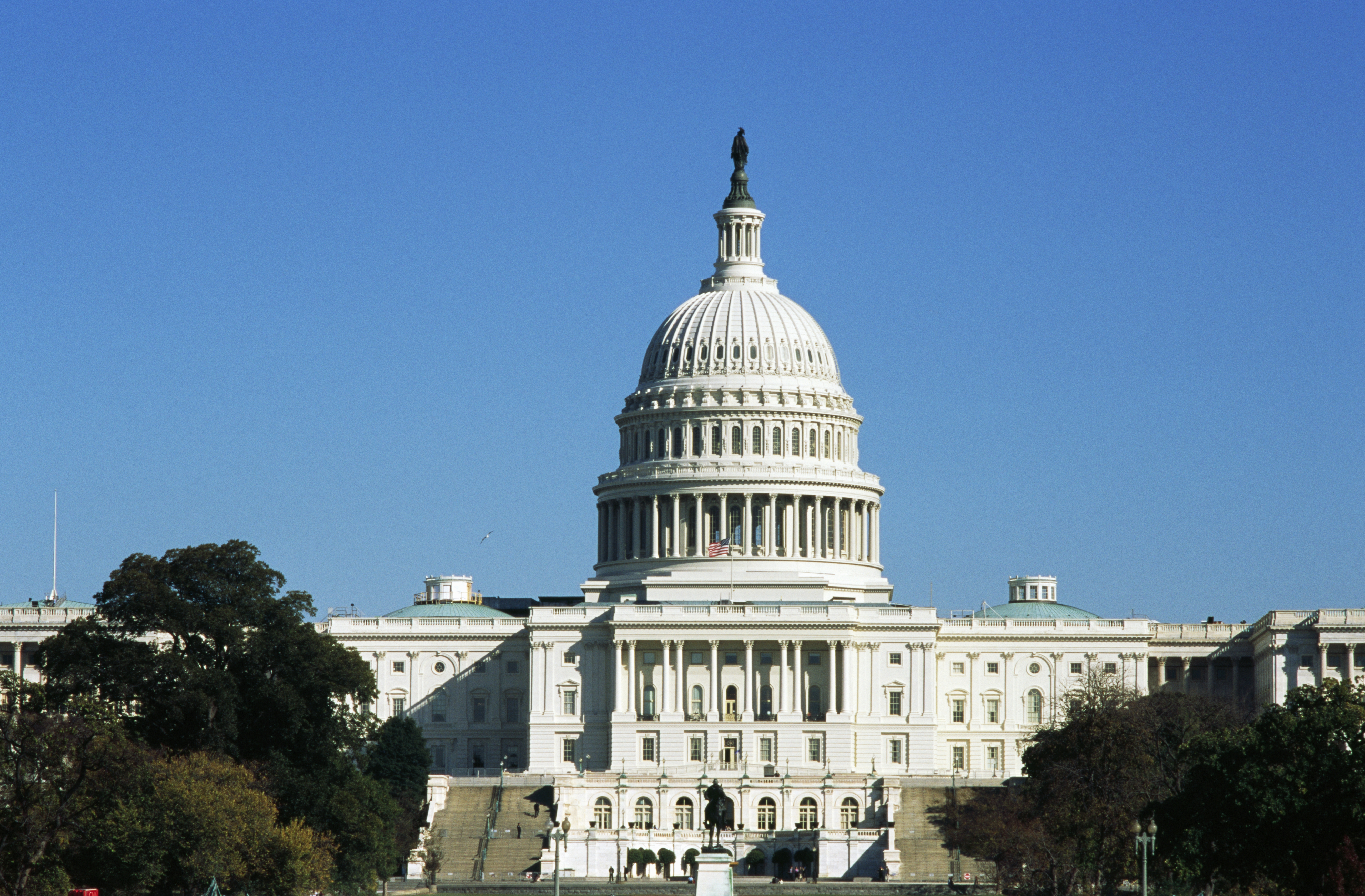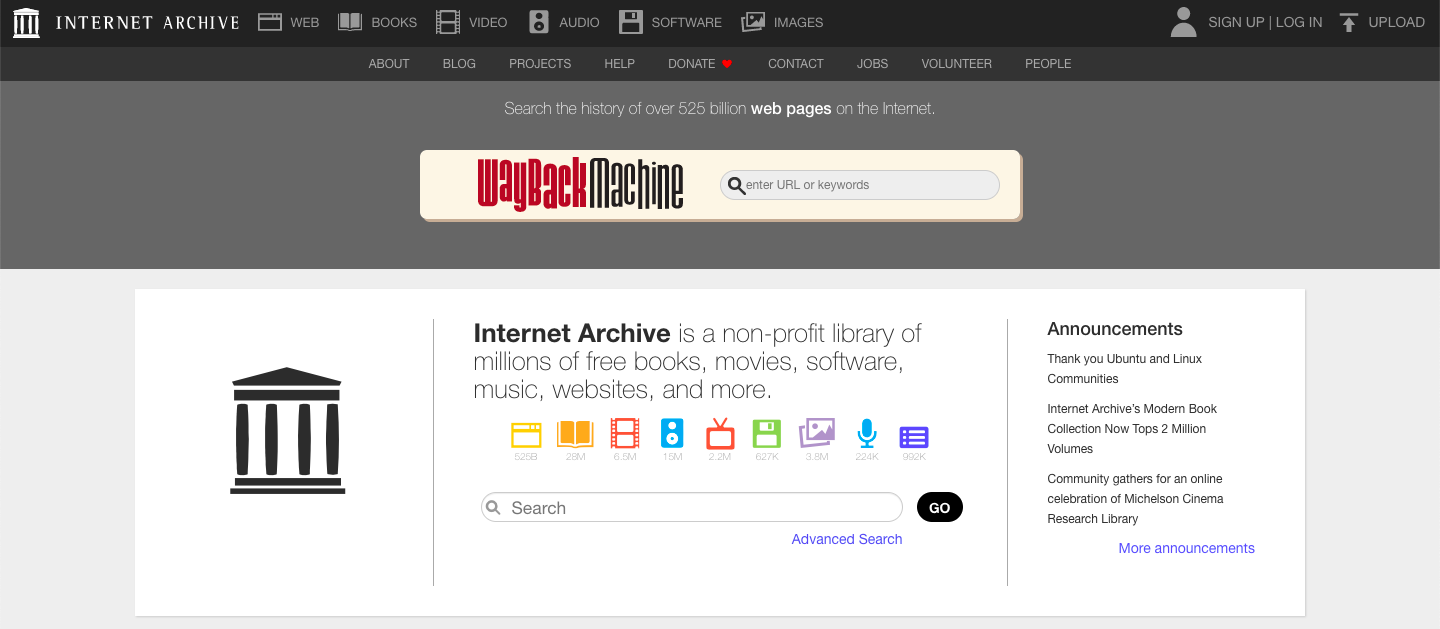Earlier this week, a group of senators introduced legislation to streamline the music licensing process and increase royalty payments to rights holders.
Rhode Island Democrat Senator Sheldon Whitehouse worked with Senator Orrin Hatch (R-Utah), Senator Lamar Alexander (R-Tenn.) and five others to produce the new bill. Titled the Music Modernization Act, the bill promises to update music licensing laws to make it easier for songwriters to get paid for online streams and digital downloads.
“Our music licensing laws are convoluted, out-of-date, and don’t reward songwriters fairly for their work,” said Hatch, a longtime musician and lyricist himself. “They’ve also failed to keep up with recent, rapid changes in how Americans purchase and listen to music.”
Alexander added that the legislation is “the first major bill that has the support of music creators, publishers, and digital music companies.” Commenting on the bills current bipartisan nature, he added: “With such broad support, I’m hopeful we will be able to pass the legislation this spring.”
Alexander’s point is certainly worth noting, and the legislation is currently supported by senators from both parties including Sen. Chris Coons (D-Del.), Sen. Bob Corker (R-Tenn.), Sen. Dick Durbin (D-Ill.), Sen. Johnny Isakson (R-Ga.), Sen. Doug Jones (D-Ala.), Sen. Sheldon Whitehouse (D-R.I.), and Sen. Kamala Harris (D-Calif.).
As for how exactly things would change under this new legislation, the bill promises to establish a new “single entity” to grant “blanket licenses for all music works” to digital media companies like Spotify, Apple, and Pandora. These digital music companies will pay the operation cost of the entity, but would also be shielded from liability for statutory damages. Rate courts would be able to consider royalty rates when determining musical work performance royalties for digital services, with the goal being to adjust mechanical royalty rates to “what a willing buyer and a willing seller would negotiate in a free market.”
ASCAP CEO Elizabeth Matthew pointed out that the bill addresses some of the most pressing issues for the songwriting community of today. “While there is more work to be done to ensure that songwriters earn fair compensation, this legislation, like the similar bill recently introduced in the House, represents important progress in an ongoing effort on industry-wide reforms that protect the rights of music creators,” she said in a statement.





